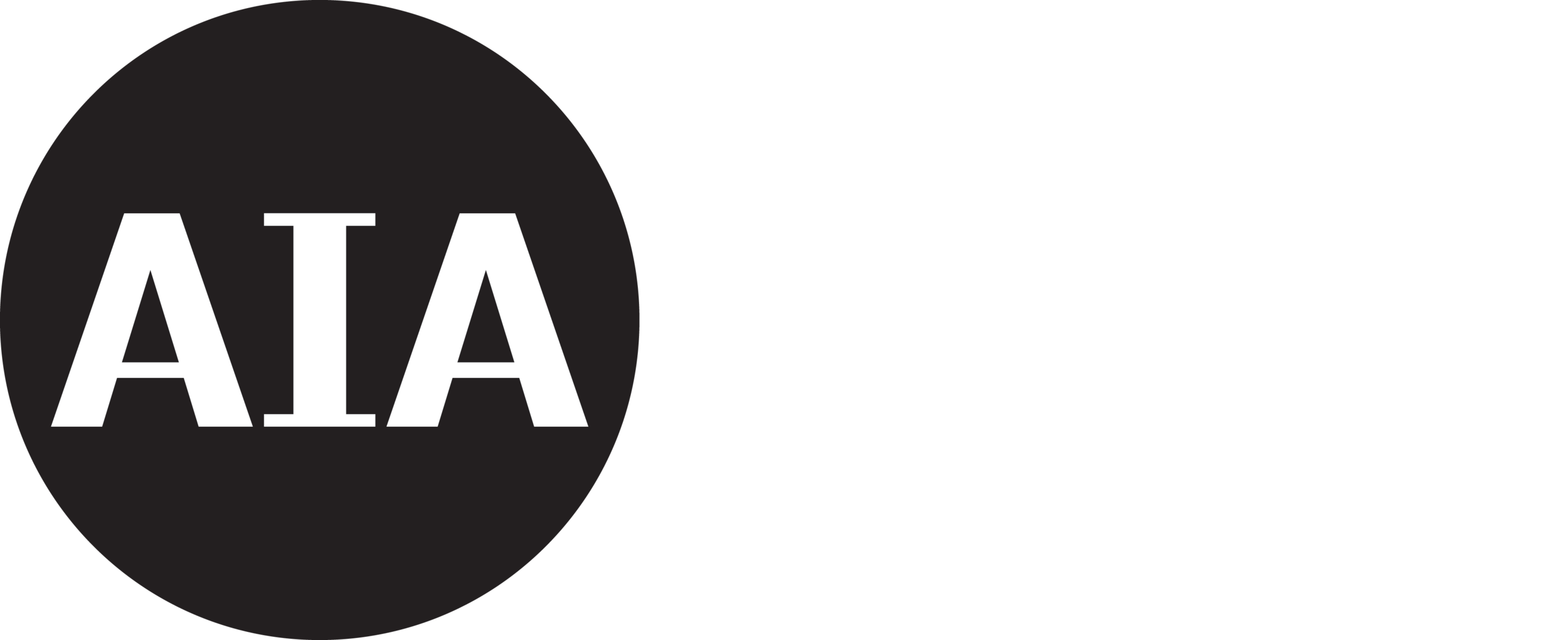AIA Maine's Advocacy Newsletter - March 1, 2022
General Legislative Update
The Legislature met in person on February 23 to consider some bills and consider moving papers to and from the various committees of jurisdiction. This week, they will not meet in person in order to allow committees to do their work. Committees are supposed to have voted on 100% of the bills referred to them by March 11, 2022. Most committees seem on track to meet that deadline.
This week, the Appropriations and Financial Affairs (AFA) Committee will begin taking testimony on provisions of the supplemental budget, LD 1995. AFA will hold those hearings in conjunction with the relevant committee of jurisdiction – though it should be noted that AFA has the final vote on the language at the committee level.
The biggest unknown at this point in the session is whether there will be bipartisan support for the supplemental budget, or whether Democrats will try to go-it-alone with a majority budget that would have to be enacted by March 31 in order to take effect by July 1. The general effectiveness date for all bills is 90 days after the legislature adjourns, unless the bill has an emergency provision in which case it needs a 2/3 vote to be enacted but will take effect immediately upon signing by the Governor. So, unless Democrats are able to garner bipartisan support for the supplemental budget, they may have to move quickly to enact a budget and adjourn before April 1.
AIA Maine Advocacy Activities
Supplemental Budget Proposal Would Provide Technical Assistance, Incentives for Municipal Re-Writes of Zoning Ordinances to Promote Housing Development
Simultaneous to the work of the Housing Commission, Governor Mills’ office has proposed a $3 million appropriation to fund a Housing Opportunity Program (HOP). The HOP would:
Provide technical and financial assistance to support communities implementing zoning and land uses related policies required to support increased housing development. The program [would] support regional approaches, municipal model ordinance development, and [would] encourage policy that supports increased housing density where feasible to protect working and natural lands.
The provision of the HOP and related funding in the Supplemental Budget proposal is great news for housing advocates, who have long fought for this kind of assistance since the dissolution of the State Planning Office. Specifically, we have argued that the patchwork regulation of municipal ordinances, often outdated and no longer reflective of their community’s economic or demographic realities, make it difficult to develop residential projects on the scale and of the type that are needed to address Maine’s housing shortage.
AIA Maine will testify in support of the HOP during the Appropriations and Financial Affairs Committee joint public hearing with the Joint Standing Committee on Labor and Housing, which has jurisdiction over the subject matter related to housing.
Legislative procedural sidebar: One could argue that the Environment and Natural Resources Committee, which has jurisdiction over municipal zoning laws, would be better positioned to take up this issue. However, the Labor and Housing Committee (Labor and Housing) has been well steeped in the challenges that zoning laws pose to housing development, and the intent of the program is primarily to ensure more housing development – the editor assumes that I why it is falling under the purview of Labor and Housing.
Housing Commission Bill Printed as LD 2003
The legislative vehicle to propose the recommendations from the Housing Commission has been printed as LD 2003. The language of the bill closely mirrors the language of the final report of the Housing Commission. AIA Maine is currently in the process of reviewing the bill language and developing a position in advance of a public hearing (which has not yet been scheduled).
At a minimum, AIA Maine will consider supporting the provisions of the bill which adopt the recommendations in the commission to provide technical assistance and financial incentives to municipalities to rewrite their land use codes to remove barriers to housing development. These provisions mirror those in the HOP, discussed above.
If you have thoughts, comments, or concerns about the recommendations in the final report of the Housing Commission, please be sure to reach out to Jeannette or our legislative advocate, Elizabeth Frazier at efrazier@pierceatwood.com.
The AIA Maine Legislative Database
This document serves as a one-stop shop for AIA members to see what bills have been identified by our advocacy team as potentially relevant to our organization.
